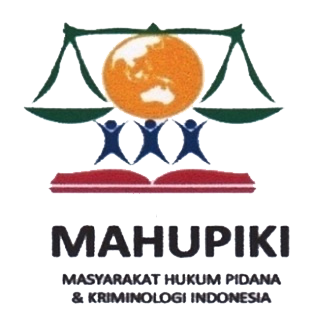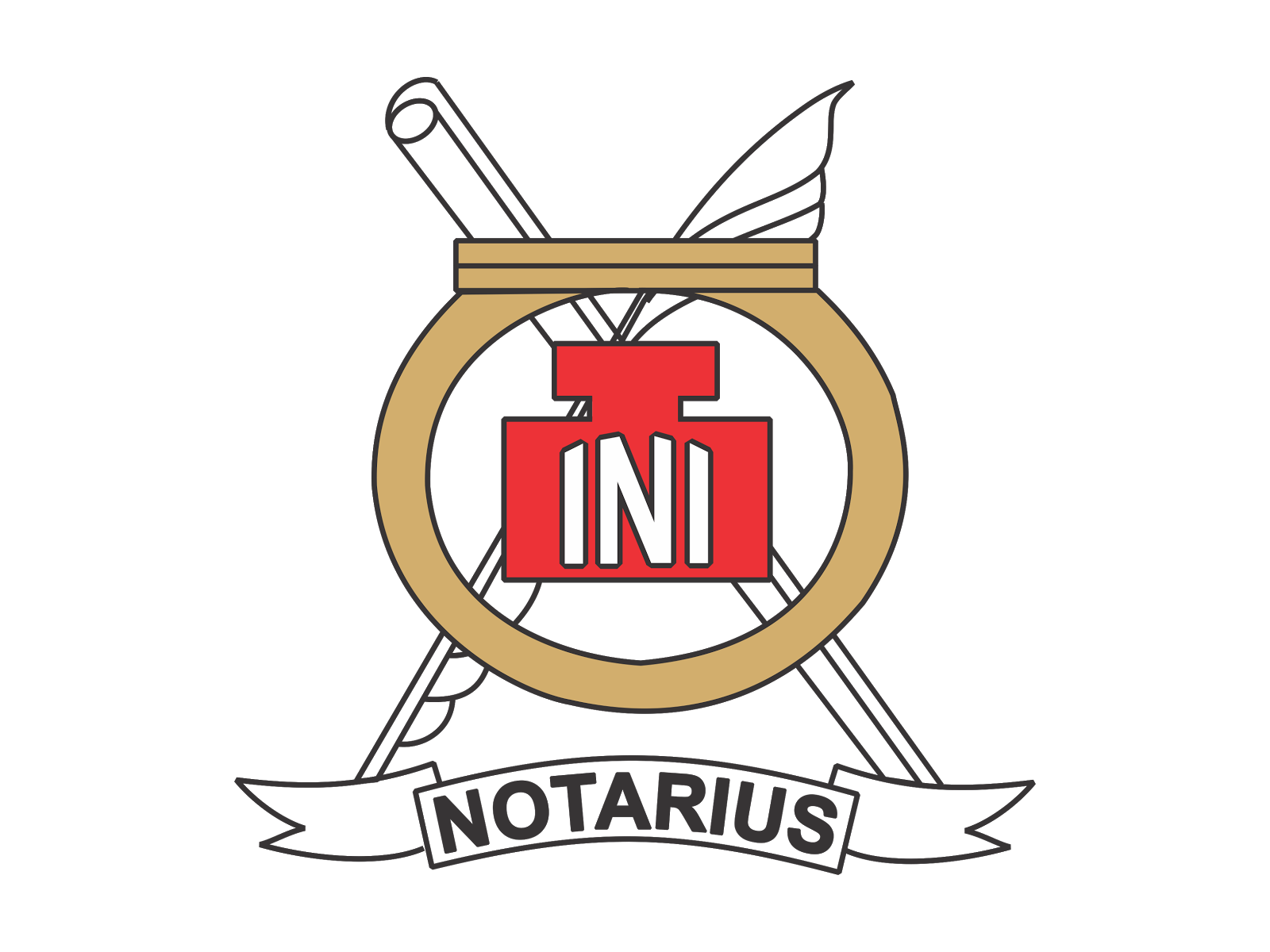The TNI's Role in the Covid-19 Pandemic Period in the Perspective of Law and State Defense
DOI:
https://doi.org/10.35586/jhs.v2i1.3923Keywords:
TNI, STATE DEFENSE, COVID-19Abstract
The TNI, as a national component, is involved in handling the COVID-19 virus and administering COVID-19 vaccinations throughout Indonesia. TNI soldiers have been actively involved on the front lines with Health Workers in battling the COVID-19 pandemic since it first entered Indonesia. The TNI's task in dealing with the epidemic is to carry out Military Operations Other Than War (OMSP), as mandated by TNI Law Number 34 of 2004, namely assisting the Regional Government's tasks and providing humanitarian assistance. As the enforcer of state sovereignty, the TNI plays a variety of roles, including economic, social, cultural, security, health, and logistics distribution. The urgency of TNI involvement in dealing with the COVID-19 pandemic is influenced by risk factors, specifically the very high rate of transmission of the COVID-19 disease outbreak, the ability of civil institutions to deal with COVID-19, and the impact of the COVID-19 pandemic on socioeconomic and political stability of Indonesia as a country.
References
Amirudin, & Asikin, .. Z. (2006). Pengantar Metode Penelitian Hukum. Jakarta: PT. Raja Grafindo Persada.
Anam, S. (2017, 12 28). Pendekatan Perundang-Undangan (Statute Approach) Dalam Penelitian Hukum. Retrieved from Saiful Anam & Partners: https://www.saplaw.top/pendekatan-perundang-undangan-statute-approach-dalam-penelitian-hukum/
Fahrika, A., & Roy, J. (2020). Dampak pandemi Covid-19 terhadap perkembangan Makro Ekonomi di Indonesia dan respon kebijakan yang ditempuh. Jurnal Inovasi, 206-213.
Fitri, A. (2020, April). Tantangan Pelibatan Tni Dalam Kebijakan Pembatasan Sosial Berskala Besar (PSBB). Bidang Politik Dalam Negeri, XII(8), 25-30. Retrieved from https://berkas.dpr.go.id/puslit/files/info_singkat/Info%20Singkat-XII-8-II-P3DI-April-2020-1947.pdf
Hasrul, M. (2020). Aspek Hukum Pemberlakuan Pembatasan Sosial Berskala Besar (PSBB) Dalam Rangka Penanganan Corona Virus Disease 2019 (Covid-19). Jurnal Legislatif, 385-398.
Marzuki, P. (2011). Penelitian Hukum (11 ed.). Jakarta: Kencana.
Purwoko, J. (2021, Agustus). Keterlibatan TNI dalam Darurat Corona Berdasarkan Keputusan Presiden Nomor 11 Tahun 2020 tentang Penetapan Kedaruratan Kesehatan Masyarakat COVID-19. Jurnal Negara dan Keadilan, 10(2), 147-158.
Sari, M. I., Sulistyani, Y. A., & Pertiwi, A. C. (2020). Peran Lembaga Pertahanan dalam menangan Pandemi COVID-19. Jurnal Pertahanan dan Bela Negara, 189-208.
Soekanto, S., & Mamudji, S. (2003). Suatu Tinjauan Singkat. In Penelitian Hukum Normatif: (p. 13). Jakarta: PT. Raja Grafindo Persada.
Sukatri, A., Husen, L. O., & Zainuddin. (2021, Mei). Peranan Tentara Nasional Indonesia Terhadap Penanggulangan COVID-19 Dalam Perspektif Hukum Ketatanegaraan. Journal of Lex Generalis, 2(5), 1630-1645.
Downloads
Published
How to Cite
Issue
Section
License
Copyright (c) 2022 Jurnal Hukum Statuta

This work is licensed under a Creative Commons Attribution-ShareAlike 4.0 International License.
Authors who publish with this journal agree to the following terms:
- Authors retain copyright and grant the journal right of first publication with the work simultaneously licensed under a Creative Commons Attribution-ShareAlike 4.0 International License that allows others to share the work with an acknowledgement of the work's authorship and initial publication in this journal.
- Authors are able to enter into separate, additional contractual arrangements for the non-exclusive distribution of the journal's published version of the work (e.g., post it to an institutional repository or publish it in a book), with an acknowledgement of its initial publication in this journal.
- Authors are permitted and encouraged to post their work online (e.g., in institutional repositories or on their website) prior to and during the submission process, as it can lead to productive exchanges, as well as earlier and greater citation of published work (See The Effect of Open Access).
Jurnal Statuta have CC-BY-SA or an equivalent license as the optimal license for the publication, distribution, use, and reuse of scholarly work.
In developing strategy and setting priorities, Jurnal Statuta recognize that free access is better than priced access, libre access is better than free access, and libre under CC-BY-SA or the equivalent is better than libre under more restrictive open licenses. We should achieve what we can when we can. We should not delay achieving free in order to achieve libre, and we should not stop with free when we can achieve libre.
You are free to:
- Share — copy and redistribute the material in any medium or format
- Adapt — remix, transform, and build upon the material for any purpose, even commercially.
The licensor cannot revoke these freedoms as long as you follow the license terms.

Jurnal Statuta licensed under a Creative Commons Attribution-ShareAlike 4.0 International License.











